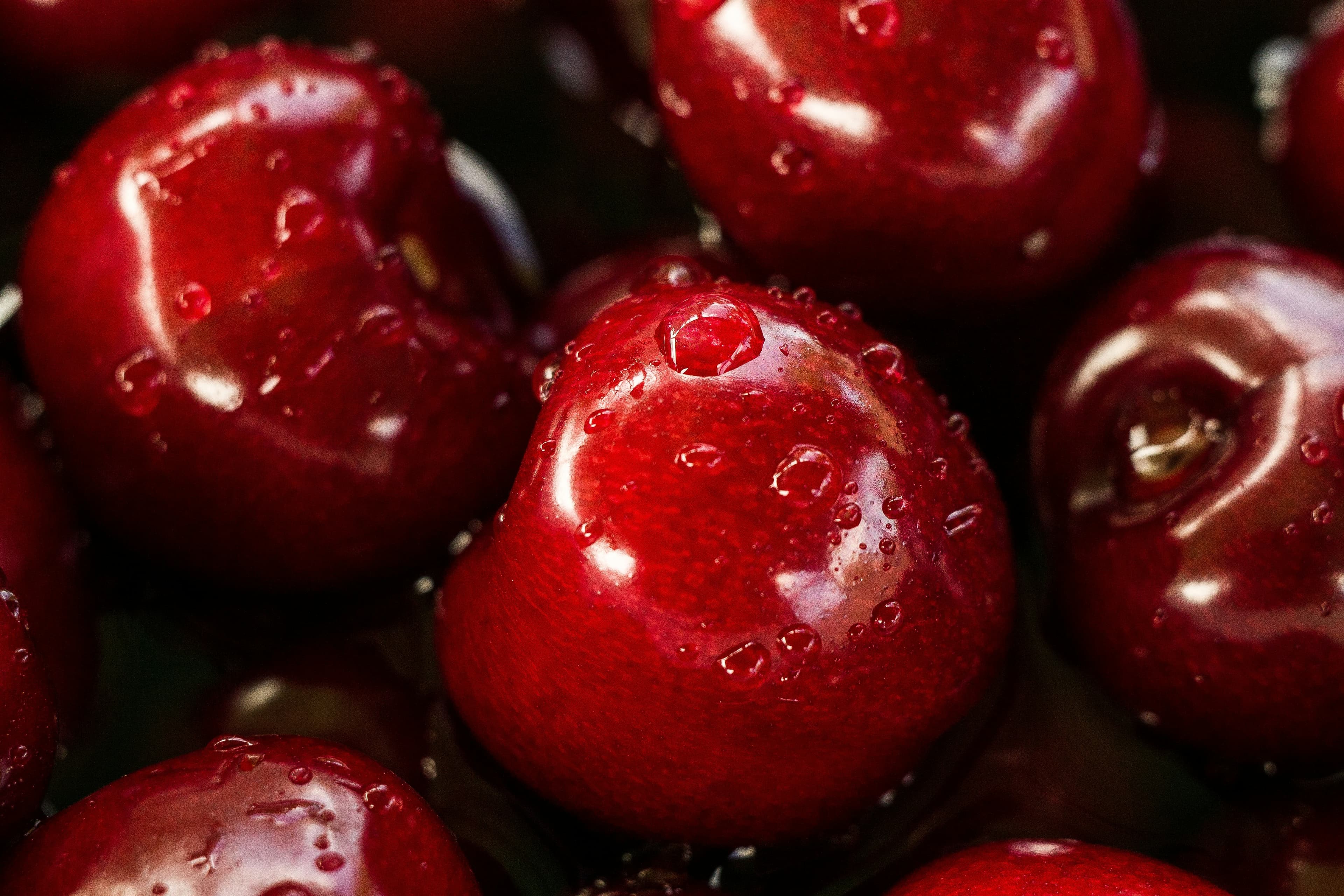In the world of canine nutrition, whether dogs can safely consume certain human foods is a topic of considerable debate and interest. Among the myriad of fruits available, cherries often come under scrutiny. While these small, succulent fruits are a favorite among humans, their safety for our four-legged friends is a topic worth exploring. In this article, we will delve into various aspects of cherries in relation to dogs, including the potential benefits, risks, and ways to safely include them in your dog's diet.
Are Cherries Good for Dogs?
At first glance, cherries could be a healthy snack for dogs. They are rich in vitamins A and C, fiber, antioxidants, and essential nutrients contributing to overall health. These components can aid in supporting a dog's immune system, reducing inflammation, and contributing to a healthy and shiny coat. However, the question remains: can dogs eat cherries? The answer is not straightforward and requires understanding the potential risks.
Why Are Cherries Bad for Dogs?
The primary concern with cherries and dogs revolves around the fruit's small size, hard pits, and cyanide within the cherry pits. The risk of cherry pits poison is a significant one, as the pits can cause intestinal blockages or pose a choking hazard. Moreover, the cyanide contained in the pits can lead to cherry pit poisoning, a severe condition that can be dangerous if not treated right.
Another aspect to consider is that the flesh of cherries, while not toxic, contains sugar, which can harm dogs excessively. Especially for those dogs that have diabetes. This brings us to the question: are cherries bad for dogs? While cherries are not inherently toxic to dogs (excluding the pits, leaves, and stems), their potential risks make them a less-than-ideal choice for canine consumption.
Cyanide Poisoning
The cyanide found in cherry pits is a naturally occurring chemical that can release cyanide gas when metabolized. Even small amounts can be harmful, and symptoms of cyanide poisoning in dogs include difficulty breathing, bright red gums, and potentially shock or death. This serious risk underscores why it's crucial to keep cherries, especially those with pits, away from dogs.
How Many Cherries Can Dogs Eat?
Given the risks, can dogs have cherries at all? If you give your dog cherries, it should be in very limited quantities and only as an occasional treat. Remove all pits, stems, and leaves, and offer only the flesh of the cherry in small amounts. However, due to the potential risks involved, many veterinarians and canine nutrition experts advise against feeding cherries to dogs altogether.
Are There Safe Ways of Feeding Cherries to the Dog?
There are safer alternatives for those who wish to share the taste of cherries with their dogs without the associated risks. Consider offering cherry-flavored treats specifically designed for dogs, which do not contain cyanide or pose a choking hazard. Additionally, other fruits like sliced apples (without seeds), blueberries, and strawberries are safer options that can provide similar nutritional benefits without the dangers of cherries.
When thinking about cherries dog safety, prioritizing your pet's health and well-being is the most important thing. Always consult with a veterinarian before introducing new foods into your dog's diet, especially human foods that may contain hidden dangers.
In conclusion, while cherries can offer nutritional benefits to humans, they pose several risks to dogs, primarily due to the cyanide in cherry pits and the potential for intestinal blockages. As responsible pet owners, we must weigh these risks and consider safer alternatives for treating our furry friends. Remember, when it comes to feeding your dog cherries, it's better to err on the side of caution and keep their diet safe and suitable for their specific needs.
Frequently Asked Questions
Are cherries bad for dogs?
Cherries are not recommended for dogs due to the risks posed by the pits, which contain cyanide and can cause intestinal blockages.



